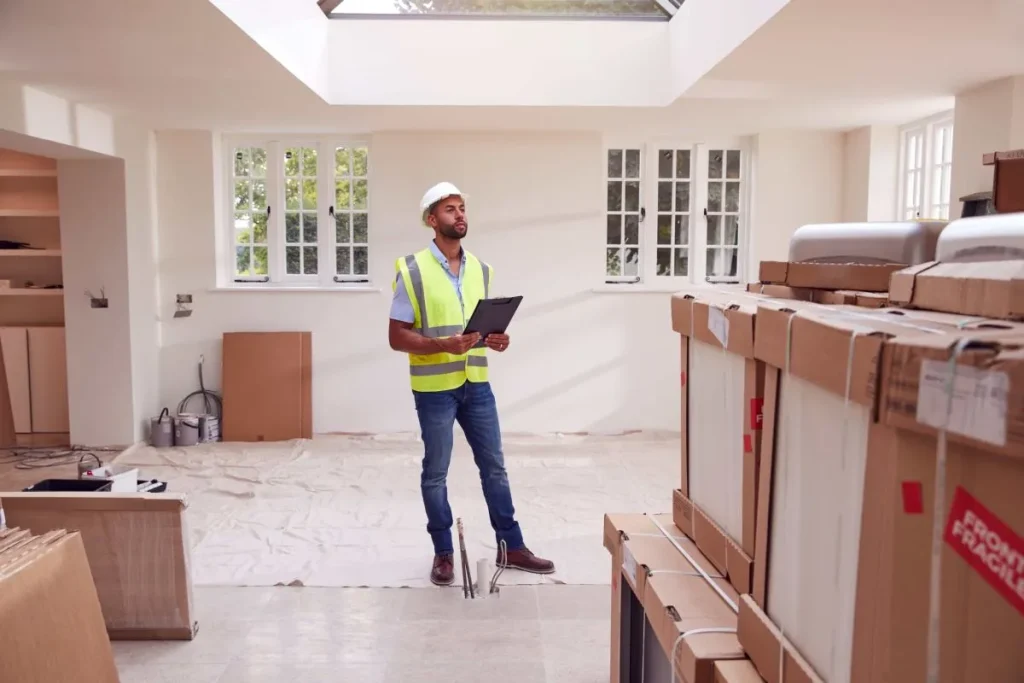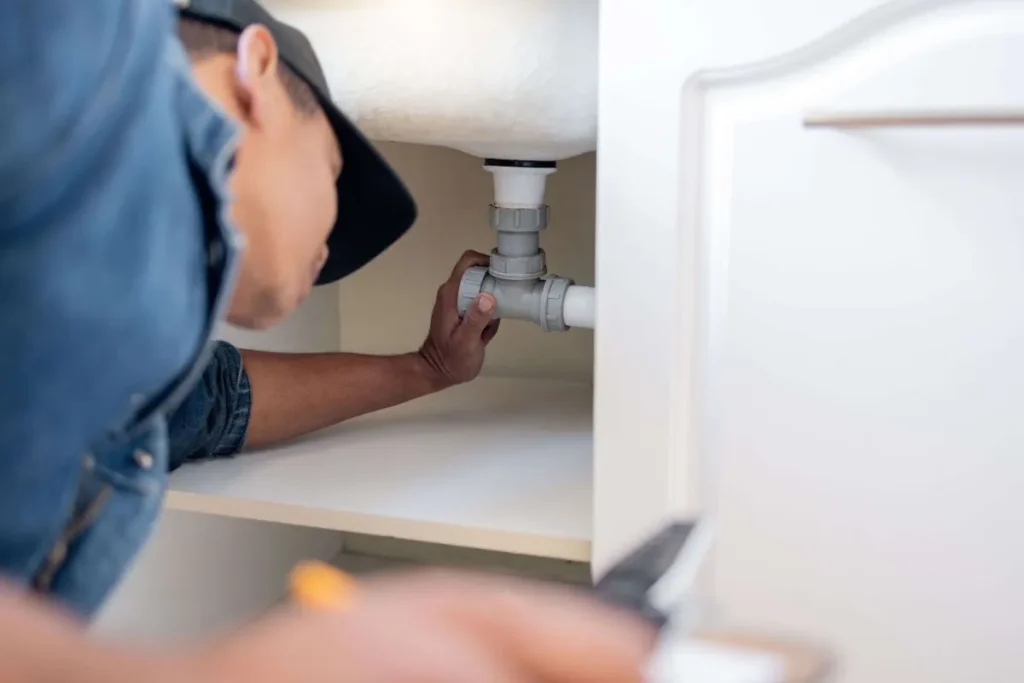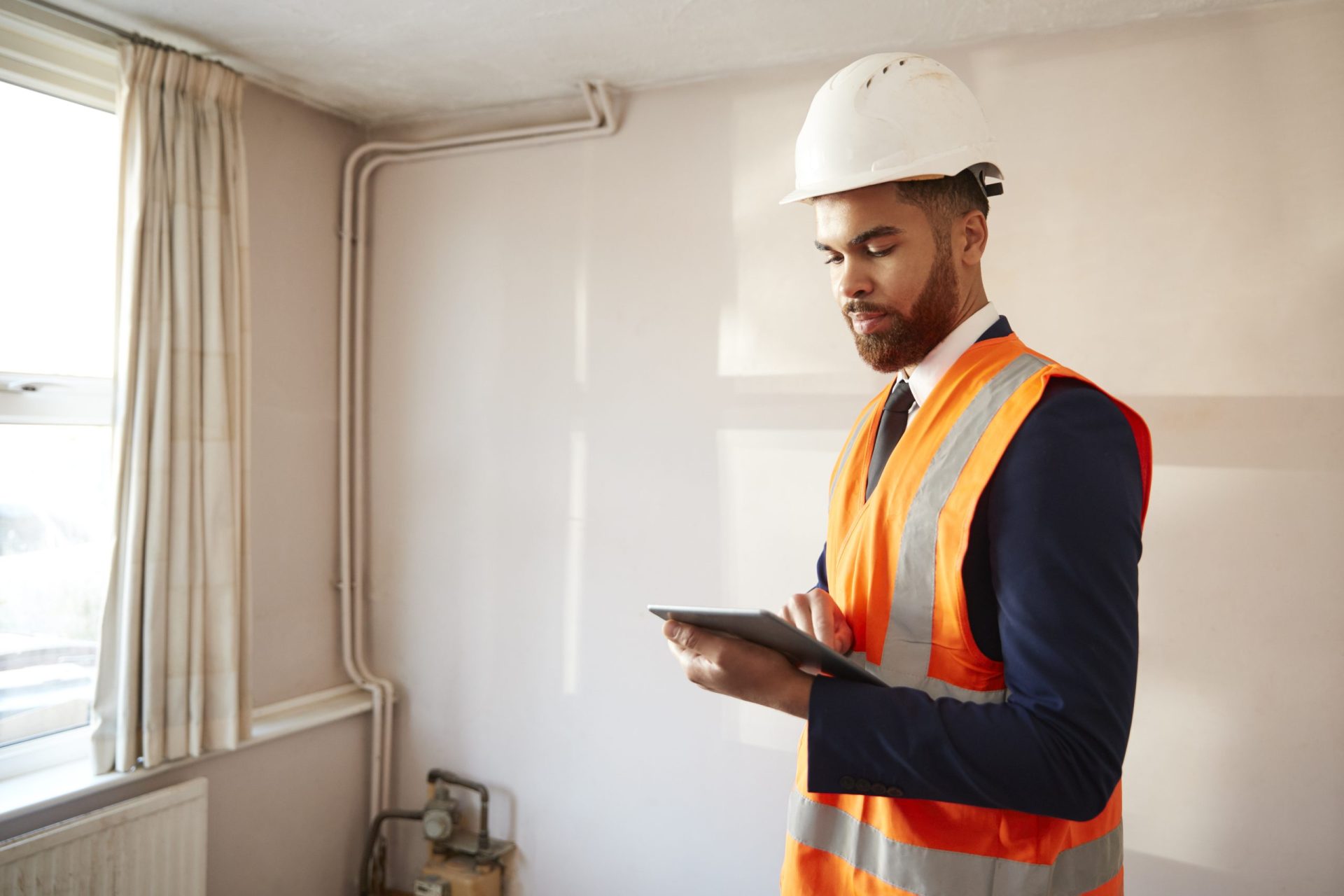A home inspection is an important step in the house-buying process since it provides a thorough assessment of a house and lot for sale condition. Many prospective homeowners are curious about the length of a house inspection because it has a direct impact on the purchasing timetable. However, the answer changes based on several circumstances. A typical home inspection can take two to three hours to conduct, but it’s critical to remember that this is an estimate. The actual duration is determined by criteria such as the size, age, and condition of the property, as well as any special issues the buyer or inspector may have. Larger properties or those with complicated features may necessitate additional time for an in-depth inspection.
Furthermore, the inspector’s competence and methods can influence the length of the inspection. An experienced inspector will work more efficiently but will not compromise the assessment’s quality. A less-experienced inspector, on the other hand, may take longer to perform the inspection. Buyers should also consider additional inspections such as termite inspections, radon tests, or mold assessments, which may increase the time spent on inspections. To ensure that the process runs well, work with your real estate agent and inspector this is to have a worthwhile purchase of a house and lot for sale.
What Is A Home Inspection?
A home inspection is a thorough assessment of the condition and structural integrity of a residential property performed by a licensed home inspector. Its major goal is to give an objective and complete assessment of the physical state of the property, emphasizing present faults and possible issues. The examination covers the home’s essential components and systems, such as structural elements, electrical systems, plumbing, HVAC systems, and other appliances.
It also includes a check of the roof, attic, exterior, and interior spaces to identify any flaws or places in need of repair. Following the inspection, the inspector delivers a detailed report outlining their findings, which can be useful for purchasers negotiating with sellers and making educated judgments about the property. Overall, a home inspection is an important aspect of the house-buying process since it allows purchasers to assess the state of the property and protect themselves against unexpected repair bills.
Why Is It Important To Have A Home Inspection?

A home inspection is required when purchasing a home for various reasons. For starters, it functions as a detective, identifying hidden or subtle flaws that an inexperienced eye may miss, such as structural, electrical, or plumbing difficulties. Second, it gives you negotiating power by allowing you to seek repairs or a price change if substantial flaws are discovered. Third, it provides peace of mind by preventing unexpected, costly repairs and assuring a sound investment.
Furthermore, it prioritizes safety by recognizing potential threats such as improper wiring or structural flaws. A home inspection also benefits in future planning by allowing you to anticipate maintenance and repair needs. It may be required by insurance companies and lenders to assess insurability and worth. Finally, it acts as a legal shield if the vendor conceals or misrepresents concerns. In conclusion, a house inspection is a comprehensive instrument that saves money, gives legal protection, and provides you with critical information for making an informed property investment.
How Long Does A Home Inspection Take?
The length of a home inspection in the Philippines might vary depending on several factors. A normal house inspection in the Philippines may take 2 to 4 hours on average. However, this timeframe is an estimate, and the real period is determined by factors such as the property’s size and condition, the intricacy of its features, and the thoroughness of the examination. Larger homes or properties with complex systems or extensive features may necessitate additional time for a thorough examination. Similarly, if the house has several faults or concerns that must be thoroughly investigated, the inspection may take longer.
It is critical to choose a certified and experienced home inspector who will conduct a thorough inspection. The goal is to ensure that the inspection is thorough and offers an accurate assessment of the condition of the property. Coordination with the inspector and your real estate agent is also recommended to guarantee a smooth and quick inspection procedure.
Why Do I Need A Home Inspection?
A home inspection is an important stage in the home-buying process for a variety of reasons. For starters, it reveals hidden flaws like structural difficulties or faulty systems that an untrained eye could miss. Second, by giving essential negotiating leverage, the inspection report empowers purchasers. If major issues are discovered, buyers can request repairs or a price reduction, potentially saving them money. Furthermore, a home inspection provides buyers with peace of mind by assuring that they are not investing in a possible money pit that will necessitate costly future repairs.
Furthermore, house inspections help with future planning by offering information on necessary maintenance and repairs. Some insurance companies and lenders may require inspections to determine insurability and worth. Finally, if the vendor conceals or misrepresents concerns, inspections might provide legal protection. In essence, a house inspection is essential for financial savings, investment protection, and directing well-informed decisions in major property transactions.
What Does An Inspector Look At?
During an examination, a house inspector checks numerous components and systems, such as structural integrity, electrical, plumbing, HVAC, appliances, roofing, exteriors, interiors, and potentially other factors such as termites or mold. The goal is to provide an unbiased assessment of the property’s condition, assisting buyers in making educated decisions and planning for any required repairs or maintenance.

Here is the summary of what an inspector looks at;
- Structural integrity
- Electrical systems
- Plumbing
- HVAC systems
- Appliances
- Roofing
- Exteriors
- Interiors
- Termites or mold (if applicable)
What To Do After The Home Inspection
Following a house inspection, it is critical to carefully analyze the inspection report. Consider the relevance of the results, as some may be insignificant while others may necessitate bargaining with the seller. Your real estate agent can help you with the negotiations. If the report indicates specific problems, such as termite damage or structural difficulties, consider extra inspections.
If severe issues are discovered, be prepared to renegotiate the terms of the purchase contract, possibly lowering the sale price or asking for repair credits. After the negotiations are finished, make any required repairs and proceed with closing preparations, including arranging funding. A final walkthrough is recommended to confirm that all agreed-upon repairs are completed before closing on the property.
Read More: House Inspection: What to Look for When Buying a Property


